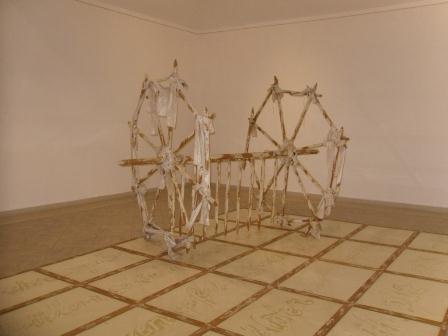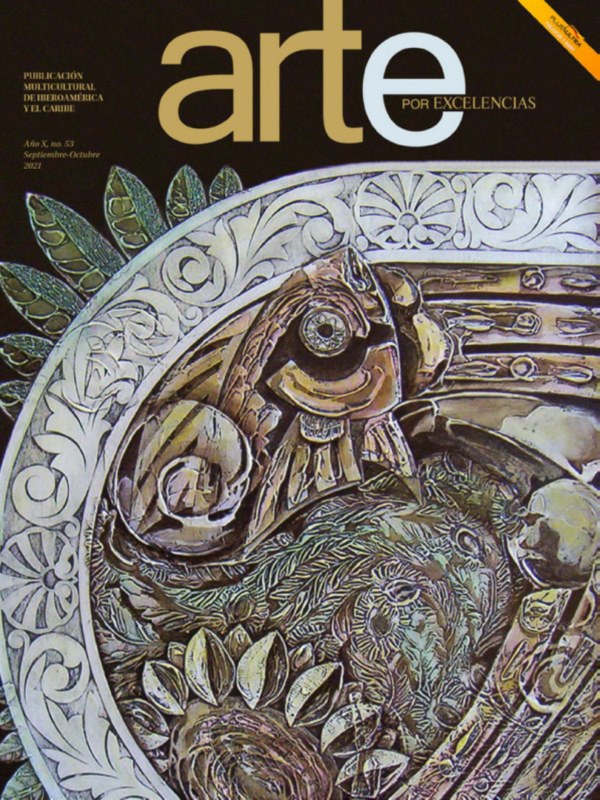By: Adalys Pérez
After being displayed for the first time 21 years ago and traveled over 60 countries, Heridas-Conexiones exhibition by German artist Günther Uecker will opened on November 14 at the National Museum of Fine Arts, in Havana and the public will have the opportunity to enjoy it until January 25, 2015.
This proposal that will be being exhibited in the temporary hall of the Universal Art building includes seventeen works, and that is thanks to the collaboration of the Ludwig Museum in Koblens, Germany and the Ludwig Foundation of Cuba, which will be celebrating its 20th anniversary a day before the closing.
These works have elements referring to the violence self-incriminated by the society since times immemorial, also that exerted by the human being over nature. In the same way, they try to suggest the connections we must establish to mitigate this reality.
In a conversation recently held with the press, Günther Uecker, who traveled to Havana for this activity, he explained that the idea of this work, which begun in 1992 in coordination with the Ministry of Foreign Affairs of his country, emerged from the violent eviction suffered by some Vietnamese migrants in the city of Rostock.
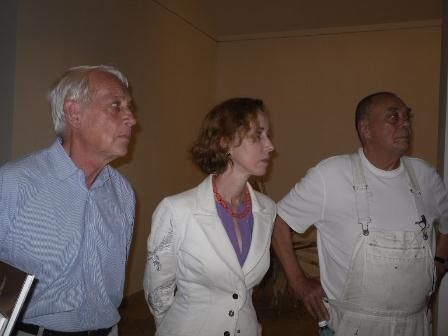
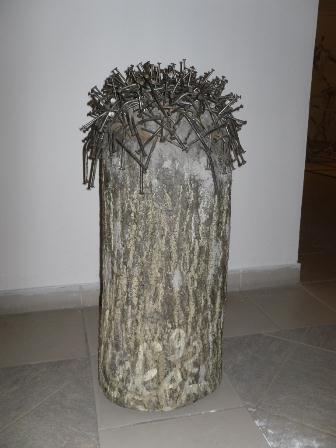
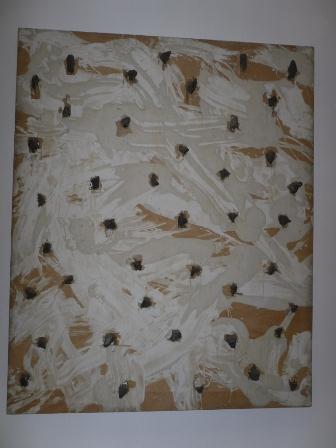
"I scared to see that even after the reunification of Germany there were many remnants of racism left. So I wanted to do works that reflected my emotions and also the rural environment in which I was born and grew up,” he said.
A plow related to “torture” the land suffers by us; a rake, useful to collect dry leaves and remove the “hurtful” words; a picture whose canvas is crossed by stones which seem to emerge of the wall and another one for its recurrent nails are some of the pieces that the public can appreciate.
Uecker explained his concern for the threat that man represents before his counterparts from witnessing the end of the World War II and the anti-fascist education he received in the former Democratic Republic of Germany, where he lived until he was to study Fine Arts in Western Germany.
Günther pointed out that since the beginning of the exhibition tour he was interested in showing his work in Cuba because he thinks that this country can become sensitive with what he tries to express due to his history.
Günther noted that the exhibition Heridas-Conexiones will finish its route here in Havana and it will be permanently installed at a Museum of Rostock for having been the scene of the violent events, which make this project posible.
Günther Uecker became notable in the field of German plastic art in the sixties of the last century when he joined the grupo Zero (Group Zero), which provoked some reaction against the dominance of Informalism Abstract Art. He has attended the most important international halls and his works have been included in prestigious collections.
At the opening of Günther Uecker exhibition at the National Museum of Fine Arts, he has been accompanied by curators of this exhibition such as Dr. Alexander Tolnay and Dr. Beate Reiffenscheidh, Director of the Ludwig Museum in Koblenz, Germany.
Source: Cubarte
Related Publications

Fundació Joan Miró. Tuan Andrew Nguyen
May 08, 2024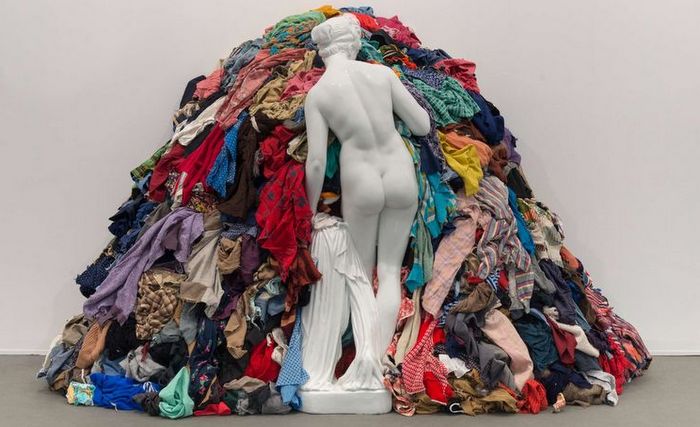
Michelangelo Pistoletto "The Preventive Peace"
May 07, 2024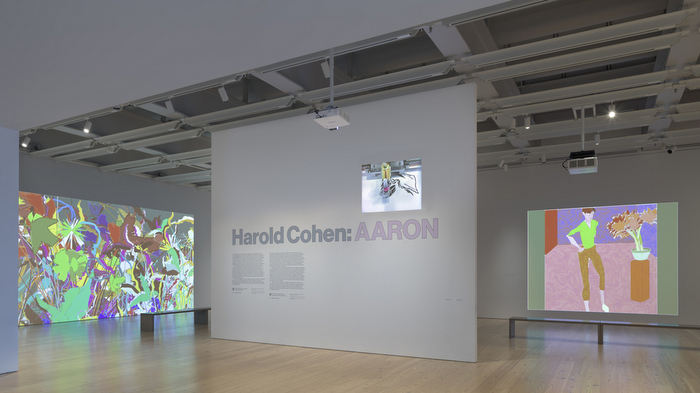
Closing Soon: Harold Cohen's AI Artmaking Program
May 06, 2024

